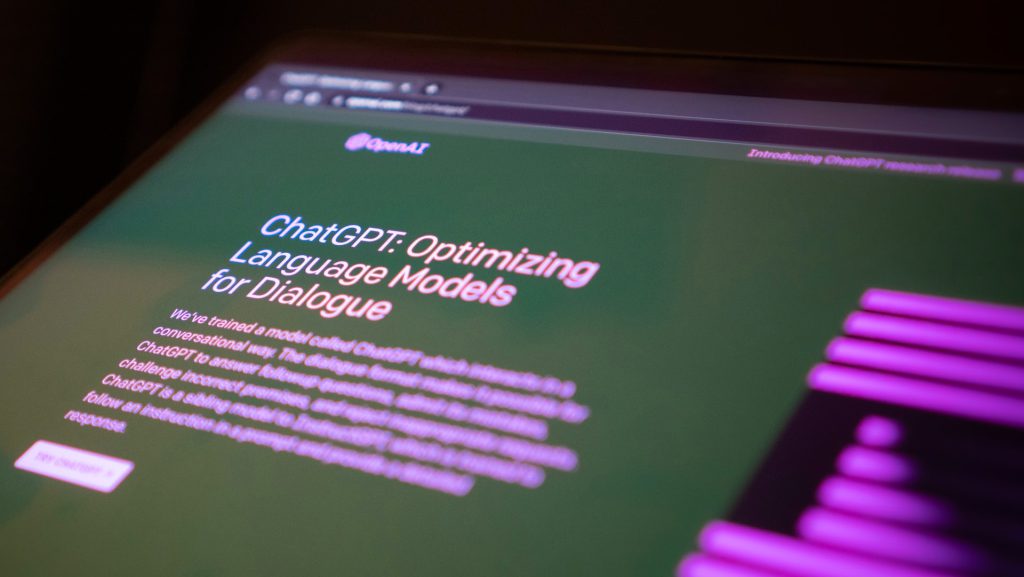Major world powers including the United States, China, and the European Union have signed the Bletchley Declaration which calls for artificial intelligence to be designed, developed, and used in a human-centric, trustworthy, and responsible manner.
Under the groundbreaking agreement, signatories agreed to act through existing international forums to cooperate and promote responsible AI, identify shared risks of concern, and develop risk-based policies. These existing international forums also include future AI summits, the next of which is due to be held in South Korea.
The Bletchley Declaration focuses on safety across the whole AI lifecycle but it highlights the development of frontier AI capabilities which it says can be unusually powerful and potentially harmful. To ensure safety here, the declaration says that there should be safety testing performed through evaluations and other appropriate measures.
It goes on to read:
“We encourage all relevant actors to provide context-appropriate transparency and accountability on their plans to measure, monitor and mitigate potentially harmful capabilities and the associated effects that may emerge, in particular to prevent misuse and issues of control, and the amplification of other risks.”
One of the noticeable features of this declaration is the signatories. While China and the US are squabbling over trade restrictions on the export of certain technologies and banning the use of Huawei hardware, the two have managed to come together to agree on something for once.
With that said, another noticeable trait of the Bletchley Declaration is that it’s quite shallow and general. This is fine as a starting point but at the following AI summits it will be interesting to see if the various countries can come to agreements when the details get a bit more specific.
It has been about a year now since OpenAI kicked off the generative AI revolution. The large language models that have arrived since then are very impressive with what they can do and the world is still trying to grapple with the implications this sort of technology is having.
With this declaration, governments have acted relatively quickly to the new technology and over the coming years their stance about what is and isn’t allowed should become a lot more mature.
Source: GOV UK

